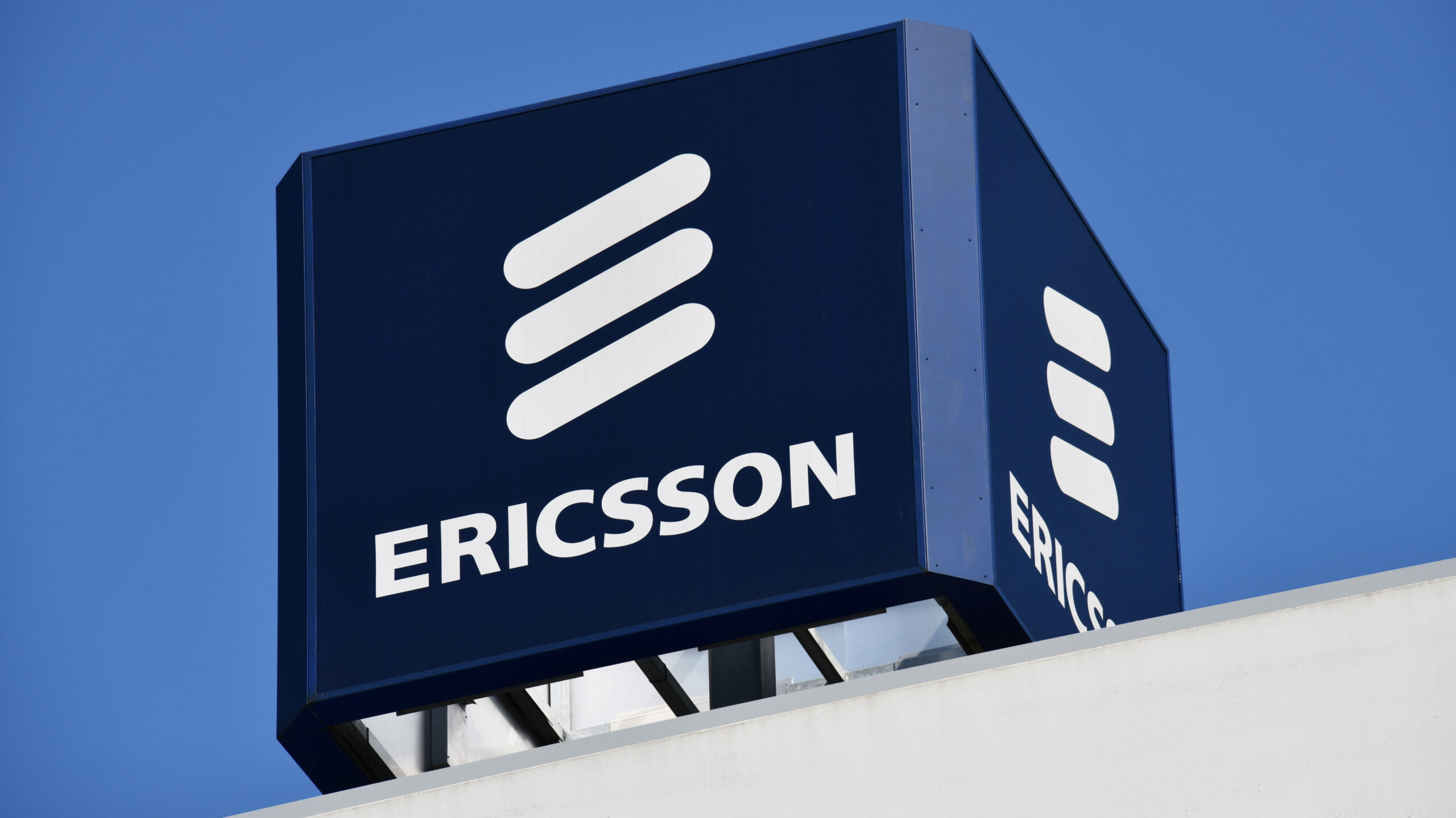Ericsson Canada announced a research program led by three Montreal-based universities, École de technologie supérieure (ÉTS), Concordia University, Polytechnique Montréal, as well as with Environment and Climate Change Canada (ECCC).
The research program will explore how artificial intelligence (AI) can help minimize the energy consumption of 5G networks. Moreover, the research aims to help communication service providers reduce their carbon footprint and operational costs.
Ericsson says that data scientists from its Global Artificial Intelligence Accelerator (GAIA) in Montreal will support the three-year research project alongside seven professors and 27 researchers from the three universities. Moreover, Ericsson says it will bring its global expertise in the area to steer the group and push towards industrialized solutions the company can use in its products.
“5G networks are the technological backbone of our society and they represent an opportunity to
digitalize industries and significantly reduce global CO2 emissions,” said Erik Ekudden, senior vice president and chief technology officer at Ericsson, in a press release.
Moreover, the outcomes of the research are expected to help strengthen ECCC’s greenhouse gas modelling solutions for the telecom sector.
Contributions from the Quebec government (through Innovation en Énergie Électrique (InnovÉÉ)) and the Natural Sciences and Engineering Research Council of Canada (NSERC) will help support the project.
Header image credit: Shutterstock
For all the latest Technology News Click Here
For the latest news and updates, follow us on Google News.

